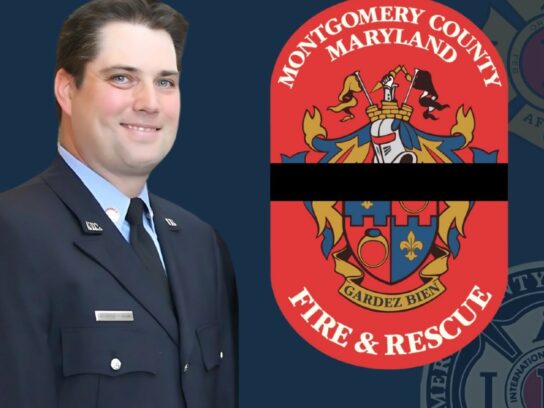A Longer Summer?
September 28, 2016
On August 31, Governor Larry Hogan announced that all Maryland public schools would be required to start after Labor Day and end no later than June 15 so that families could spend more time together and the state can generate more revenue at vacation hot spots such as Ocean City. While this does mean a longer summer, it does not mean a shorter school year. The state still requires there to be a minimum of 180 school days in a year, meaning The Board of Education has to find a way to fit in 10 more days of school. The idea of a later start date has been floating around for a while, and to be prepared FCPS has had two drafts of the school calendar for the 2017-2018 school year ready. One started in August and the other started after Labor Day. The problem is if all the built in snow days are used, school would get out June 24, even after spring break has been shortened to 3 days. This goes against Hogan’s mandate and could mean days off from school, such as Fair Day and Jewish holidays, would have to be cut. School districts can apply for a waiver to start before Labor Day or end after June 15. They must provide a compelling reason and apply annually, so it is unlikely that many schools will be able to avoid this mandate.
The Frederick County Board of Education is not happy with the change. Brad Young, president of the Frederick County Board of Education, said he did not support this mandate because he believes “that this should be in the local control of our School Board.” Young further disagreed with the Governor’s decision because it would negatively affect students in Dual Enrollment. FCC starts their classes in August and would not be able to adjust to the new start date. Test dates set by the College Board, State and Federal Governments, and other organizations would also be a problem. Students would have less time to prepare for these tests.
Superintendent Dr. Theresa Alban agrees that the Governor’s mandate takes away local control. “Our locally elected Board of Education has established a calendar committee that includes representatives from key community groups and stakeholders, including parents, staff, and students.” Dr. Alban revealed just how much of an impact the new start date could have on standardized testing. With the new start date, the 1st semester’s end would be pushed to the end of January or even into February. With such a late start date, students in 2nd semester AP classes would be severely pressed for time before the AP exams. “AP tests are scheduled during the first 2 weeks of May, and we cannot change those dates as that is decided by the College Board. The new calendar requirements may mean up to 800 minutes of instruction are lost for students taking an AP exam,” says Dr. Alban.
It is not just the Board of Education who disagree. Ms. McGuiness, a math teacher here at Tuscarora, says “I like the idea of a longer summer in 2017, but I do not support the change. It does not coincide with college semester-based schedules, could be detrimental to students taking AP classes, and also has the potential to extend the school year into July, depending on the weather.” Mr. Schwab, a teacher in our English department, originally did not agree with the idea, knowing that student morale tends to drop after Memorial Day, but has accepted the new start time.
It will be interesting to see how this mandate will continue to affect schools in Maryland and whether or not it will last longer than next school year. For now, though, FCPS has time to sit down and work out the kinks in next year’s calendar and figure out how to fit 180 days of school in between Labor Day and June 15.



































